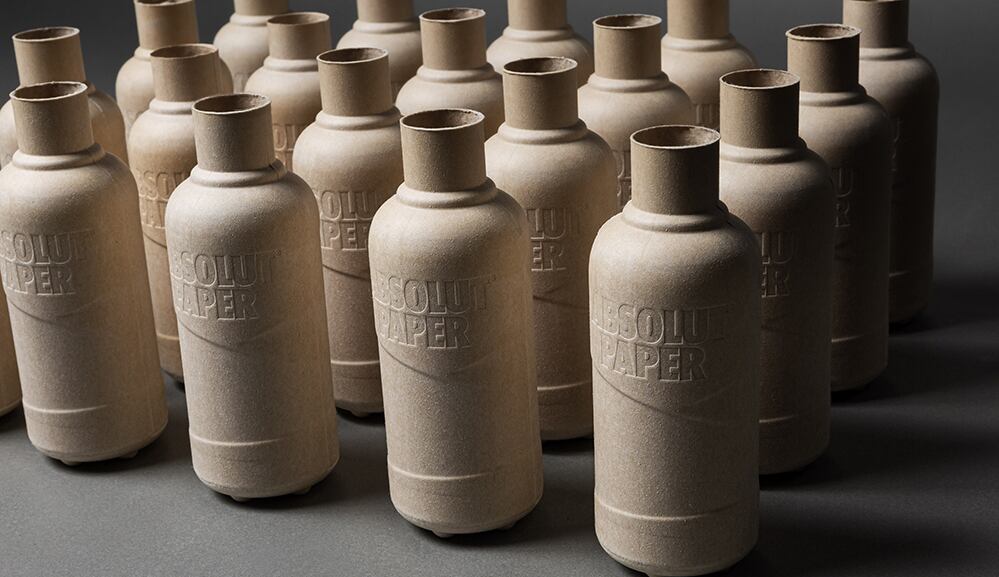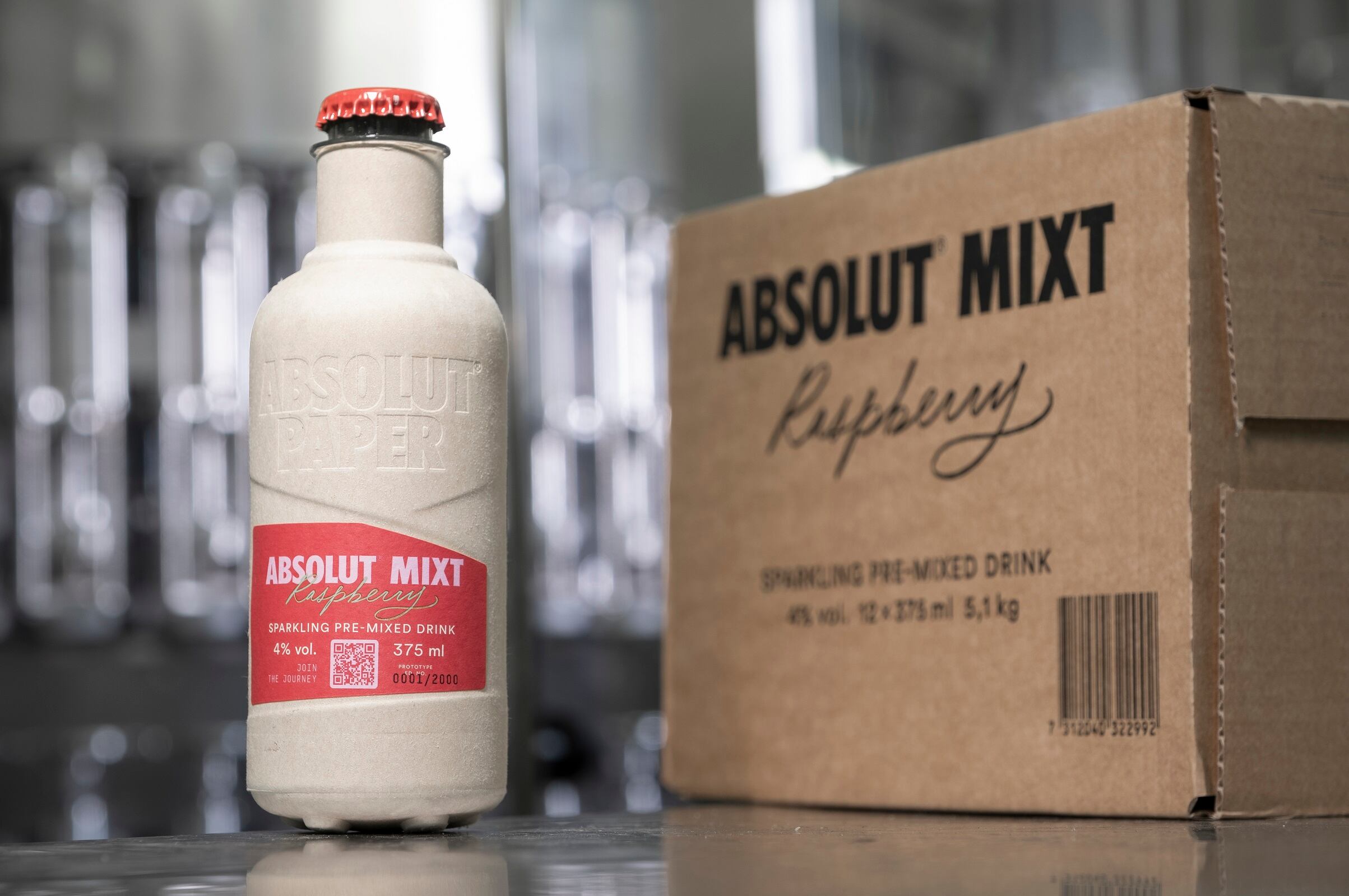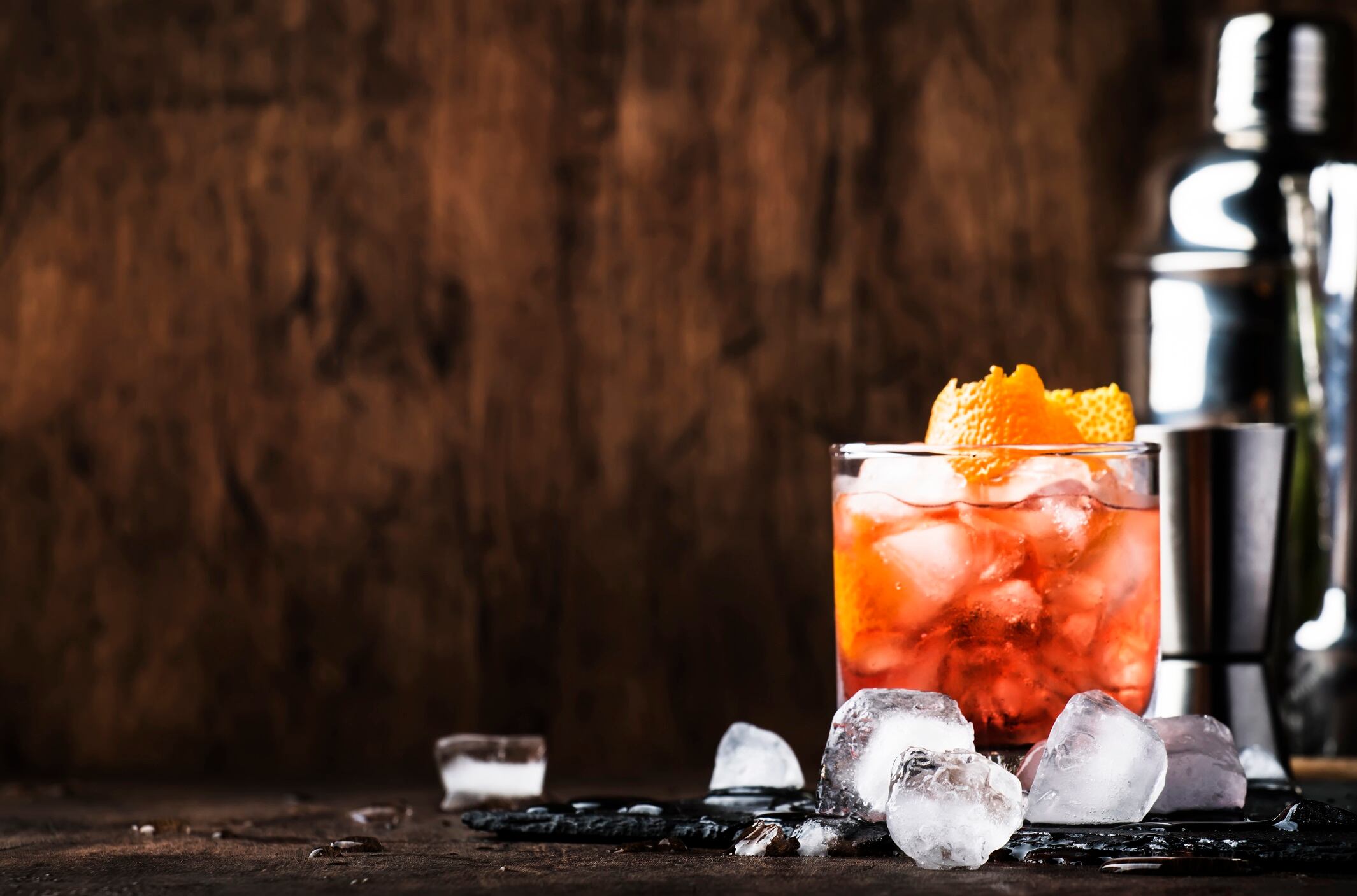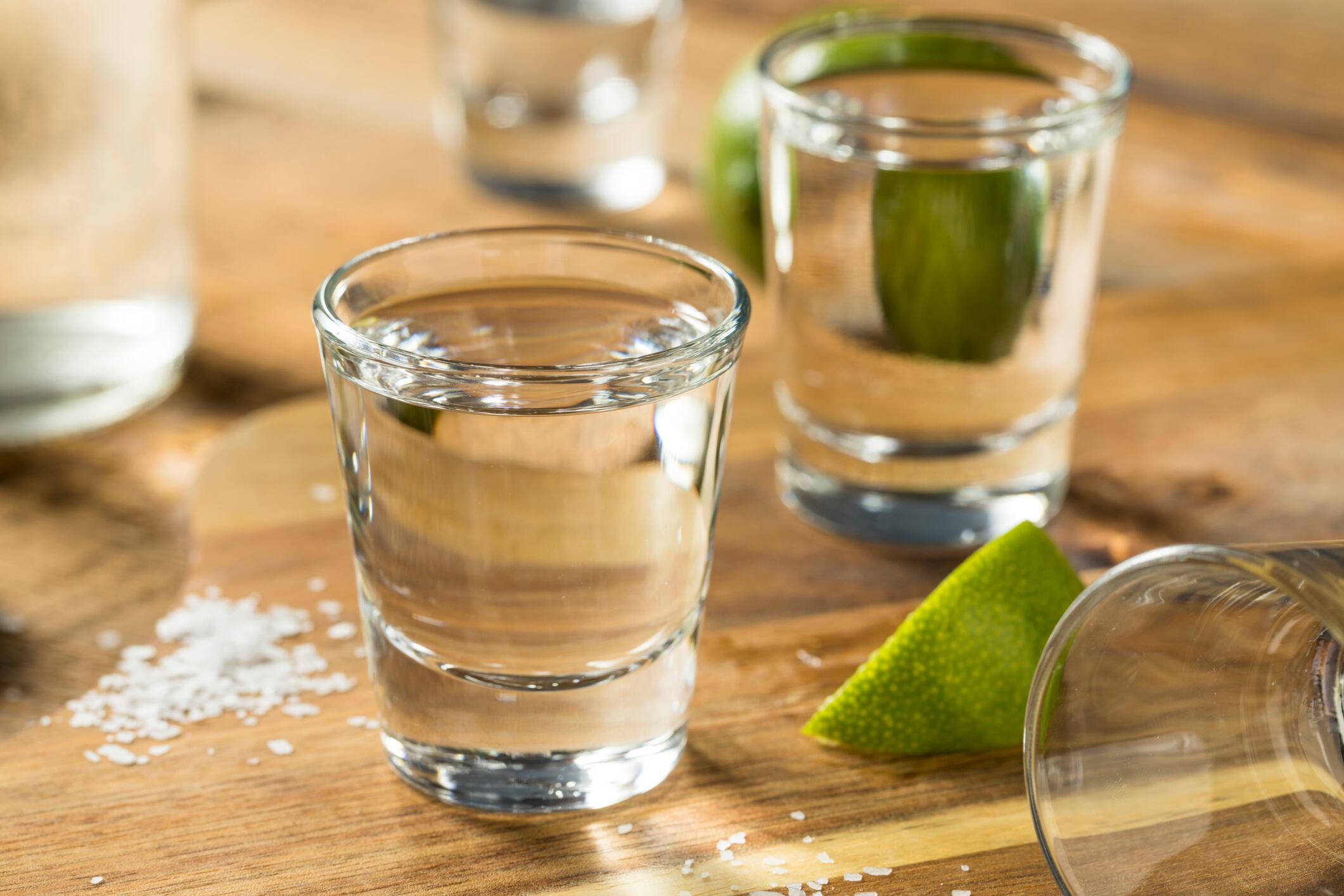A total of 2,000 bottles will roll out in November with Absolut Vodka (40% ABV) and Absolut Mixt (4% ABV): testing both the bottle’s functionality and how consumers respond to the new design. A second pilot production run is planned for Spring 2021.
The Pernod Ricard brand has been working as part of The Paper Bottle Company (Paboco) initative, which includes partners Coca-Cola, Carlsberg and L'Oréal.
Recyclability is key
Absolut’s prototype is made from 57% paper and 43% plastic. It uses a metallic crown cap closure, with a solid PVC free liner.
With its focus on sustainability, the bottle uses FSC sustainably sourced paper and Absolut says it is working with Paboco to ensure full traceability on the origins of materials. The prototype uses strong wood fibers from Swedish forests.
The plastic layer is still necessary to provide a barrier layer for the liquid. In Absolut’s prototype, it is made from 100% recycled content.
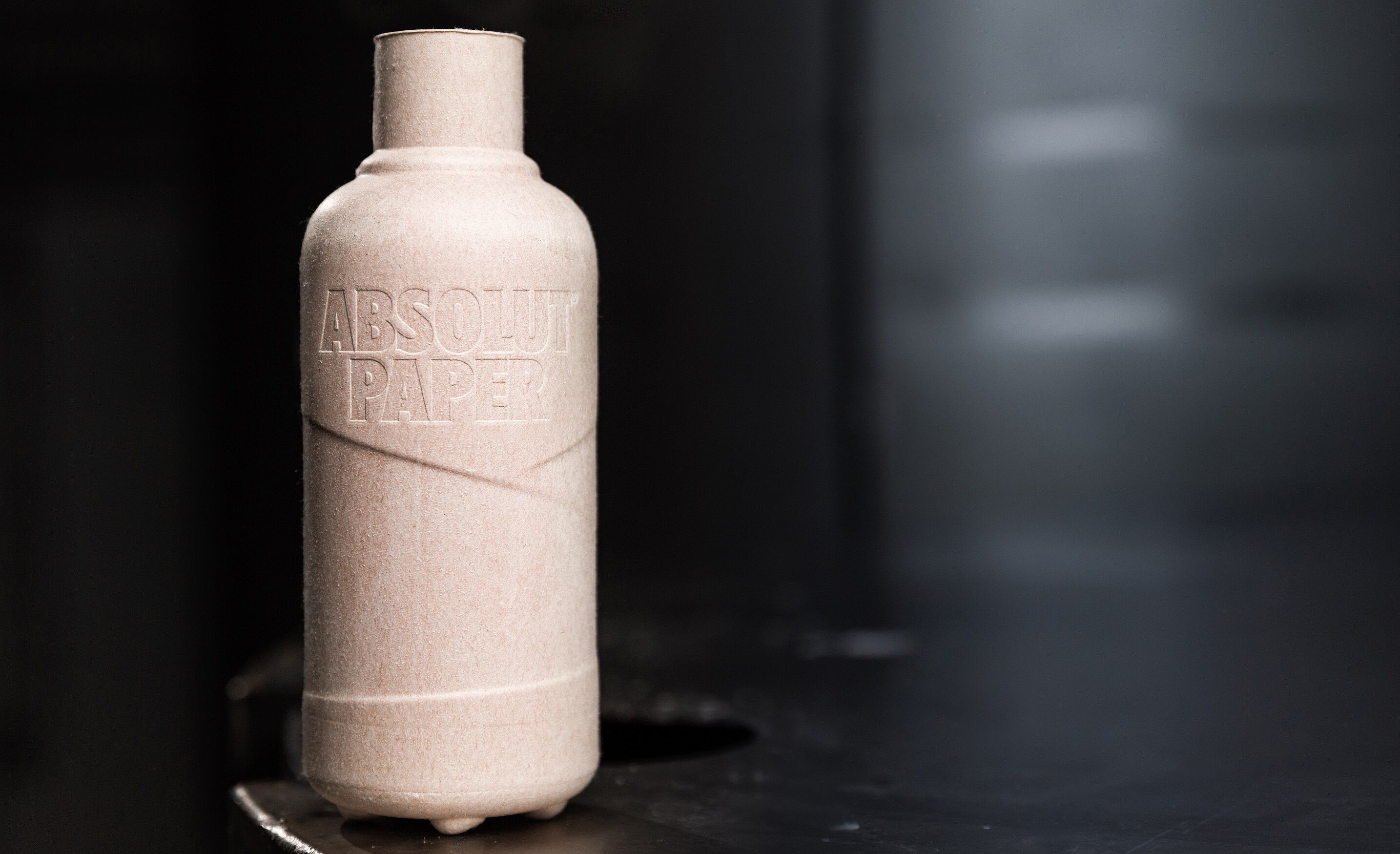
Niclas Appelquist, director of The Absolut Company’s Future of Packaging program, says one of the key criteria for materials was their recyclability – hence why the bottle is still using a plastic layer.
“Our key focus is on scaling and product functionality, prioritising materials and technology that the recycling industry is known to handle,” he told BeverageDaily.
“The aim is to ensure it’s as easy as possible to recycle and can fit into already existing recycling streams. You can put our bottle as a whole in the paper recycling stream and it will be separated at the recycling station. We will not go to scale unless we have a successful, recyclable, solution.
“We will continue to test and develop alternative materials for the liner with the ultimate goal to move to 100% bio-based. At the moment, the bio-based technology is not viable for us as we require materials that can fit into known recycling streams.
"It is a step-by-step journey and it’s exciting the bottle is no longer a concept, but firmly on track to be in the hands of consumers for testing, before the end of the year.”
The journey to a truly sustainable alternative
The mission of The Paper Bottle Project (Paboco) is to pioneer sustainable bottle packaging. It acknowledges there are challenges: but says a solution will evolve over time.
"A major challenge in the existing, mature and efficient market is the scaling of our technology to enable manufacturing of large quantities of paper bottles," observes Paboco. "To have a working barrier is mandatory, but as often in innovation projects we improve details over time as we learn along the way to create an optimal solution.
"The first-generation concept will be partly renewable and fully recyclable, but it is the next and following paper bottle generations barriers that will create a truly sustainable alternative."
'You'll recognize our brand - but it will have a different texture, touch and feel'
Appelquist says the project is driven by a clear desire among consumers and brands to become more sustainable.
“It is so exciting to work on leading innovation because you are part of creating something new. In the case of the Paper Bottle, there’s a clear ambition to spark change and move us all to become more conscious about what choices we make, and our habits when recycling waste to become more sustainable.
“This is also the biggest challenge. Where do you start? What materials can actually be recycled for real today? What recycled materials are available at scale today and already approved for food contact? This is why we chose this iterative process, with a long term goal but starting to test, learn and optimize today for the future.”
Coca-Cola, Carlsberg and L'Oréal are also part of the partnership: with Carlsberg unveiling two research prototypes for its Green Fibre Bottle last year. Like Absolut, its bottles are made from wood fibres with an inner plastic layer (one prototype uses a recycled PET polymer film barrier, and the other uses a 100% bio-based PEF polymer film barrier).
“Each company is developing and designing separate paper bottles to meet the needs of their category and feed the learnings back into all the projects,” explains Appelquist. “Technology transfers across the community to an extent. In our case, the high ABV in Absolut Vodka (40%) is a consideration we’ve been working on closely with Paboco, and collaboration is at the heart of this project.
"We all share knowledge to drive change in our respective industries and bring together experts in materials, design and technology which allows us to move faster towards the end goal of a commercially-available bottle.”
While a key aim of November’s trial will be to test the functionality of the bottle; it will also seek to understand how consumers respond to the novel design.
“We’ve been working with our designers to ensure our paper bottle still has the look and feel of our iconic Absolut identity, however obviously there will be differences because the material is not the same,” said Appelquist.
“You will recognize our brand but of course it will have a different texture, touch and feel to it. We’re looking forward to hear direct from consumers when testing exactly how it is perceived but from previous tests we have very positive feedback and excitement from consumers all together for this initiative.”
